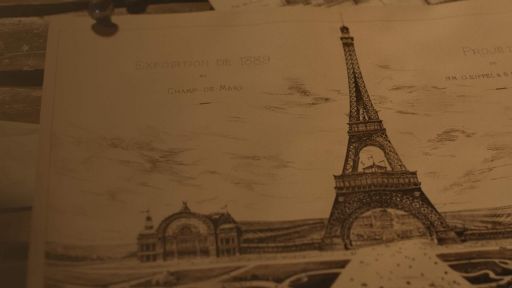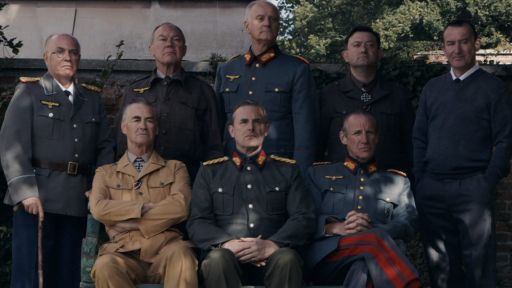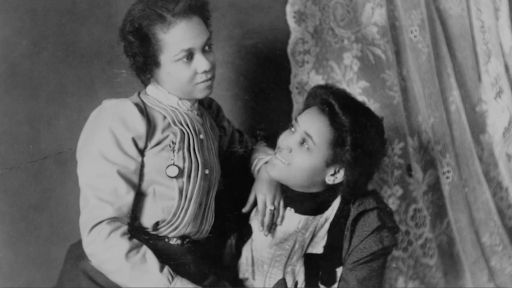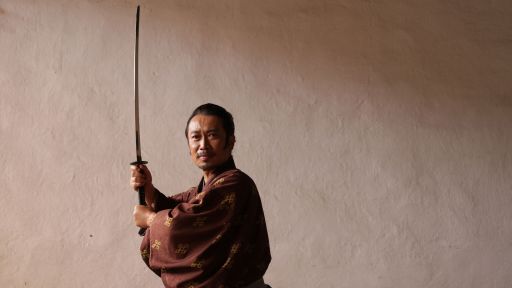Secrets of the Dead: Ben Franklin’s Bones reveals some questionable practices in medicine. In the 18th century, private anatomy schools were set up across London to give medical students the opportunity to learn anatomy by dissecting human cadavers. But supply lagged behind demand. Anatomists needed many more bodies than the ones of hanged murderers, which were the only bodies legally available at that time for their study. This created a business for body snatchers, also known as “resurrectionists,” who exhumed corpses from graves to sell to the anatomists.
Features
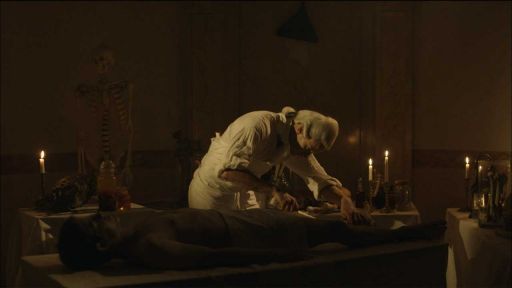
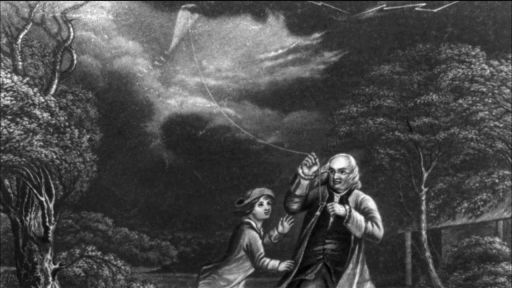
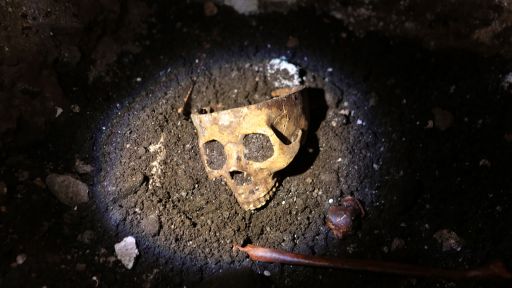
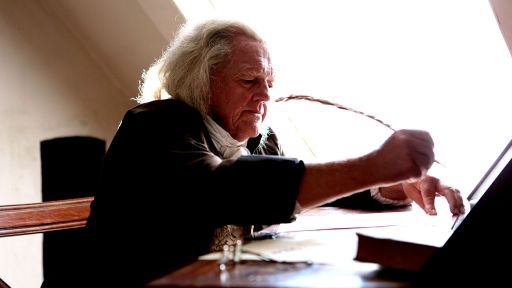
- [Narrator:] Dating back to the era of Henry VIII, only universities and the barber surgeons were legally sanctioned to dissect bodies.
But in 1745, the barber surgeons disbanded, providing a new opportunity for ambitious young physicians like Hewson.
- At that point, surgery starts to become more professionalized, and the surgeons themselves separate from the barbers, and the barbers start to just deal with hair, fingernails, those kinds of things.
- [Narrator:] In this new climate, as many as 20 private anatomy schools were set up across London.
- And so what happens is all these private anatomy schools pop up to give medical students the opportunity to learn anatomy by dissecting their own cadaver.
- [Narrator:] However, up until this time, the only bodies legally available to the barber surgeons had been those of hanged murderers.
-People really feared dissection in the 18th century because they had a real literal vision of the resurrection of the body rising after death, and everything had to be in its place.
So the idea of being anatomized was really horrible because your body was dispersed or kept in containers, and it wasn't kept all together.
And in fact, you get these really poignant letters of criminals, before they die on the scaffold, and they're writing letters to their family, begging them to come to their execution to claim their bodies, lest they fall into the hands of the surgeons and be mangled and torn apart.
And it's really awful.
I mean, they actually feared the dissection almost more than they feared the death itself.
- [Narrator:] But anatomists needed many more bodies than the gallows could provide.
With no legal means of acquiring them, they were forced to turn to the criminal underworld.
Their pursuit of knowledge would fuel a dark and clandestine profession... body snatching.
Grave robbers assumed a twisted name stolen from the Christian Church.
They became known as “Resurrectionists.
” Operating under the cover of night, and armed with crowbars and shovels, they scoured graveyards, plundering bodies from freshly dug graves to supply the eager anatomists.
You May Also Like
